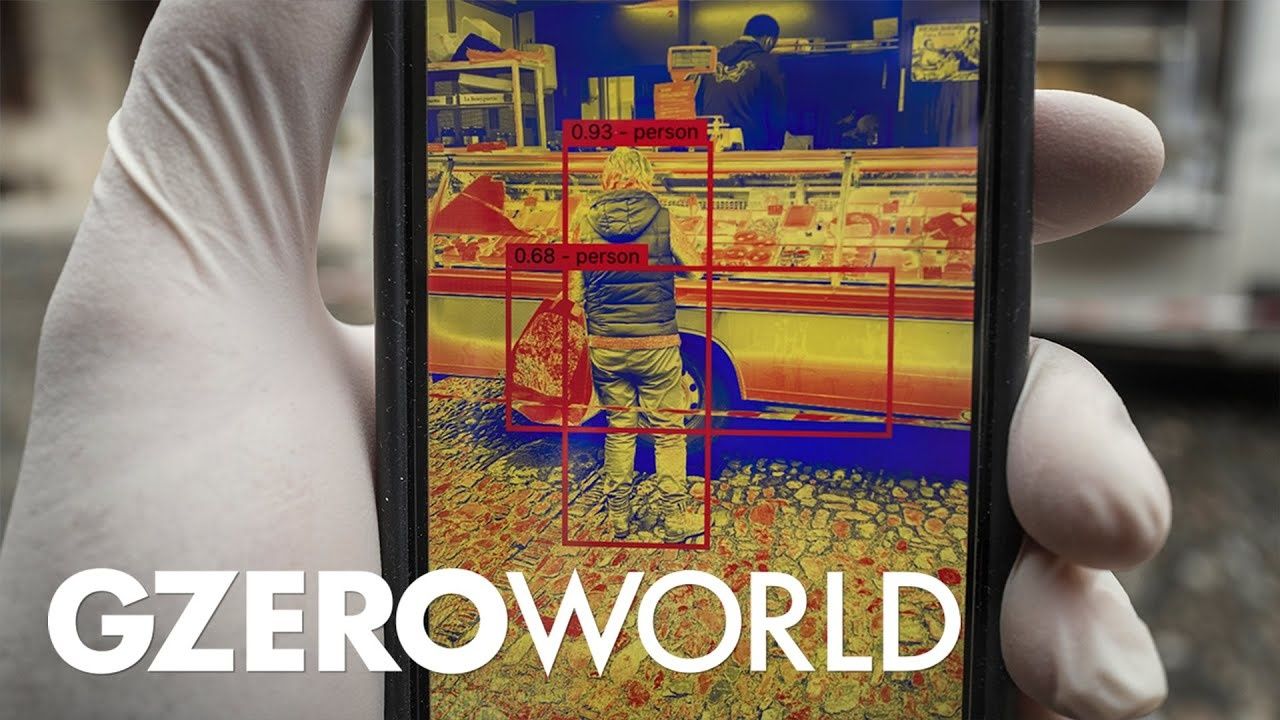
Some economists have argued that data is the new oil, a precious commodity driving exponential growth of some of the biggest multinational corporations. This week, our guest says it could also be the new CO2, quietly changing the world in irreparable ways if not properly controlled.
On the latest episode of GZERO World with Ian Bremmer, a look at the ongoing debate about data and how it's used by governments and big tech companies in ways both helpful and harmful. The policy conversation was complicated before COVID-19, as Europe established its General Data Protection Regulation (GDPR) and the US begins to grapple with similar laws, like California's Consumer Privacy Act.
Our guest, Marietje Schaake, former EU Parliament Member and international policy director of Stanford's Cyber Policy Center, argues that more regulation is necessary to curb unchecked use of consumer data. Taped just days before many US cities entered lockdown in the COVID-19 pandemic, the interview also examines early uses of tracking and surveillance in Singapore and China, and what those actions foreshadow for the US as the nation balances freedom and security.
Later in the program, contact tracing and COVID-19: A conversation with epidemiologist John Brownstein about his site CovidNearYou.org.
And on Puppet Regime: Dating is hard during a pandemic. Even for pathogens on the prowl.